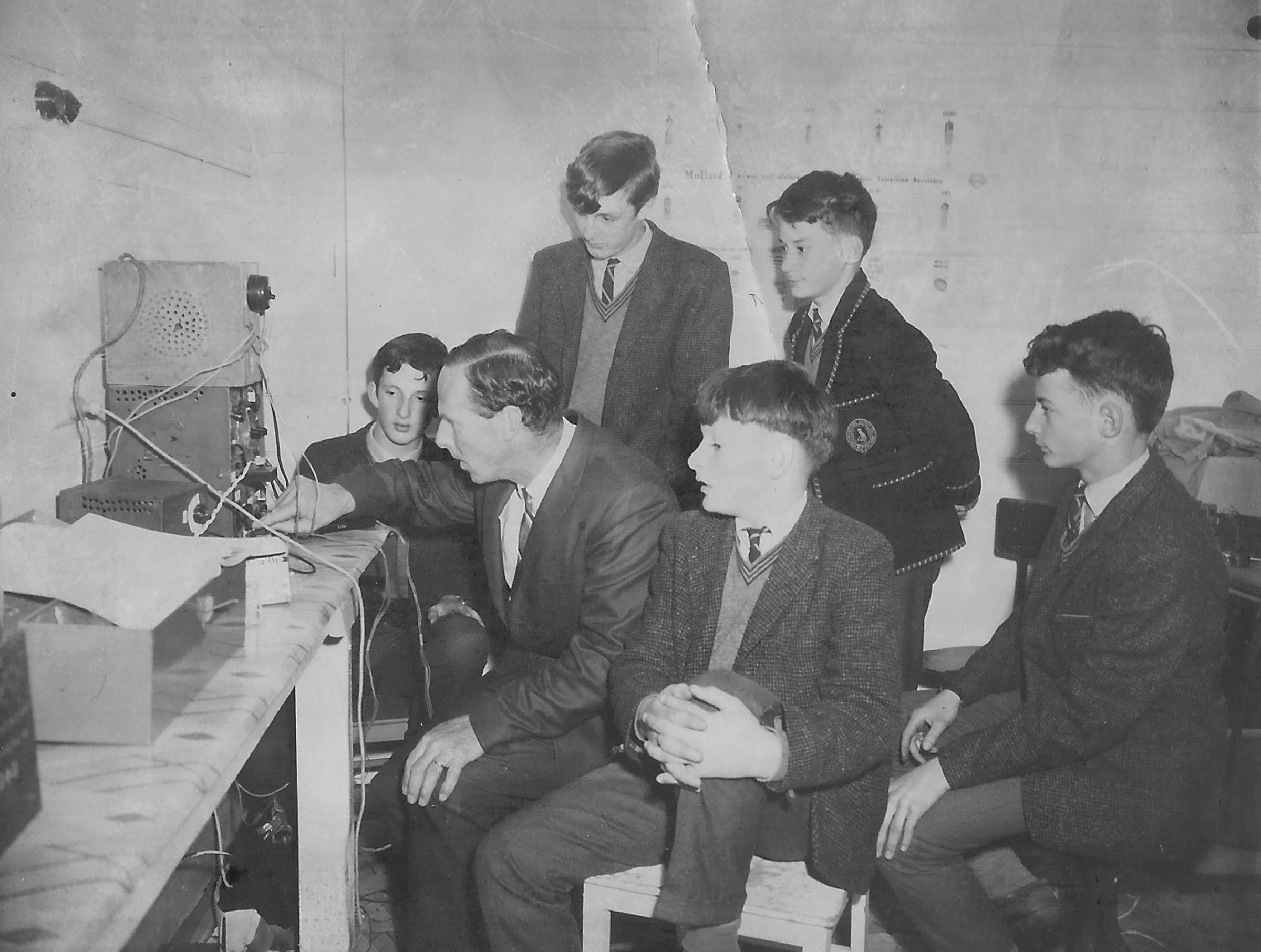Deputy Principal, Teaching and Learning
Purposeful, Reflective, and Responsible

Deputy Principal, Teaching and Learning
Purposeful, Reflective, and Responsible
This week, 1.2 million students across more than 9,500 schools have been taking the NAPLAN literacy and numeracy tests online. Some educators argue that NAPLAN is a narrow point in time assessment that does not consider the full picture of learning that takes place in a school. And such discussions also spark debate about approaches to other assessments, both internal school based and external ones like the VCE.
In ‘Learning on purpose - Ten lessons in placing student agency at the heart of schools’ (Centre for Strategic Education 2022) the future of education is considered. I draw attention to one provocation presented by Charles Leadbeater and the student agency lab, in relation to end of school exams and the ATAR:
‘The school leaving exam should have just one question, which should read:
Show how you can work with others to combine and use your knowledge to
create change that will generate better outcomes for people and the planet,
while doing what you consider to be the right thing.
That’s it.
In a world that is increasingly volatile, unstable, uncertain, and unequal, education needs to help students exert some control and purpose over their lives. To do that they need to develop a sense of agency so that they can: understand what matters to them and the communities they are a part of; sense opportunity and act on it; take risks; make commitments; and learn in action how to recover from setbacks, to adjust their plans when things do not work out as they had hoped. They need to do all that by working with others,
collaboratively and to develop and apply their learning in the real world, not just in the classroom. They need to learn to thrive by drawing on what makes them fully human: their ability to connect, to make meaning together and to act on fundamental moral purposes. That is why students who emerge from school should be purposeful, reflective, and responsible agents, able to invest themselves actively with others to achieve goals that matter to them, to shape the path to a preferable future.
Now more than ever we need to embed our College values of respect, gratitude, compassion, resilience, and optimism in all of life – at school, at home and in the wider community. We need parents, teachers, and students to work together. Our young people are our future. We need them to be purposeful, reflective, and responsible.
https://www.learningcreates.org.au/findings/leading-education-series
Susan Bradbeer
Deputy Principal Teaching and Learning